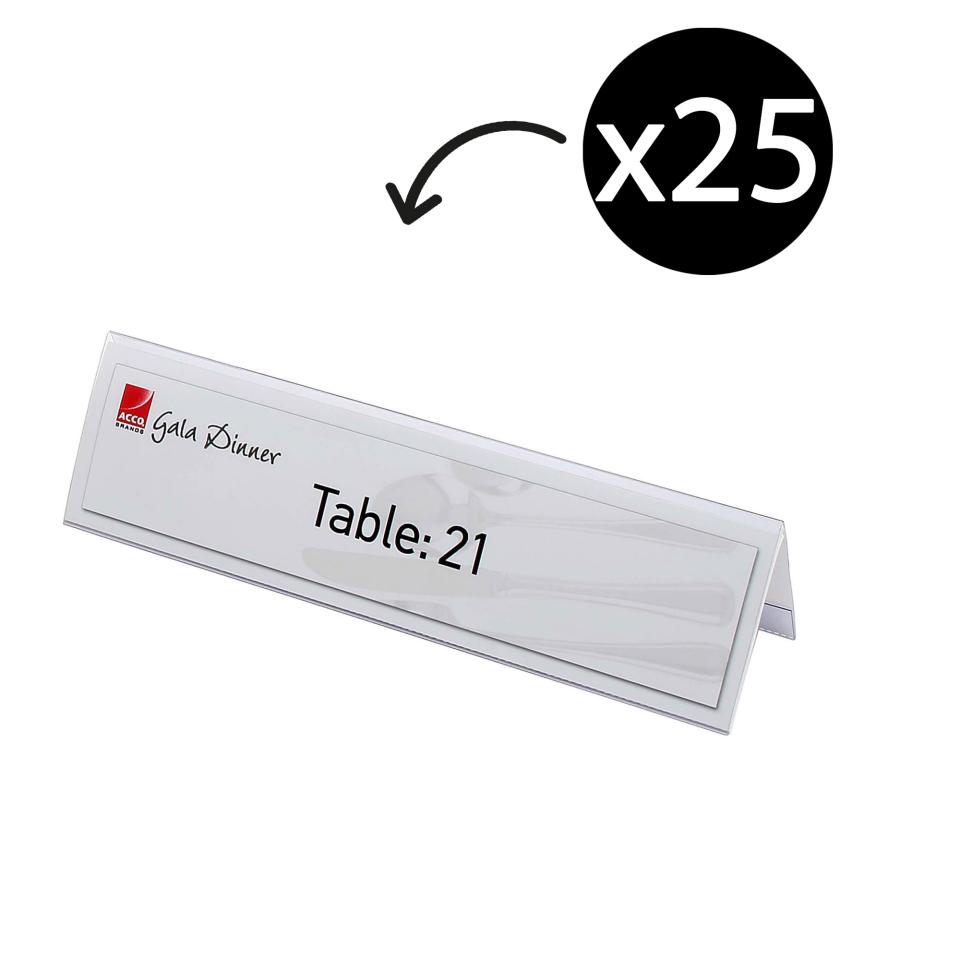Are Plastic Nameplates Durable Enough for Harsh Work Environments?
Are Plastic Nameplates Durable Enough for Harsh Work Environments?
Blog Article
Exactly How Plastic Nameplates Are Produced: A Comprehensive Overview to Their Manufacturing Refine
The production of plastic nameplates involves several accurate steps, beginning from the choice of appropriate materials to the final complements. Each phase is important, making sure the product satisfies specific needs for longevity and aesthetic appeals. Numerous production methods play a substantial role in crafting these nameplates. Comprehending these processes can clarify the complexities behind what may appear like a simple product. What elements contribute to the quality and personalization of these nameplates?
Understanding Plastic Products Made Use Of for Nameplates

The Style Process: From Idea to Model
The style procedure for plastic nameplates begins with a clear idea that guides the overall development. Developers team up with clients to define the objective, style, and certain demands of the nameplate. This preliminary stage includes brainstorming sessions, sketching ideas, and choosing shades and font styles that line up with branding goals.Once the principle is established, designers use computer-aided layout (CAD) software application to create detailed electronic representations. These models allow for visualization and adjustments before progressing. Comments from stakeholders is essential throughout this stage, as it aids fine-tune the design to fulfill expectations.After wrapping up the electronic model, a physical version may be generated, commonly through strategies like 3D printing. This substantial representation makes it possible for more analysis of aesthetics and capability. Overall, the style procedure is a crucial step that lays the foundation for the reliable manufacturing of high-quality plastic nameplates.
Cutting and Forming the Plastic
In the cutting and forming phase of plastic nameplate manufacturing, the selection of materials plays a necessary duty in determining the end product's top quality and longevity (Plastic Nameplates). Different accuracy reducing methods, such as laser cutting and CNC machining, warranty that the plastic is formed with precision and uniformity. This combination of cautious material option and progressed cutting techniques is essential for producing premium nameplates

Material Option Refine
Selecting the ideal material is crucial for creating high-grade plastic nameplates. Numerous sorts of plastics are offered, each offering unique advantages and features. Usual selections include acrylic, polycarbonate, and PVC. Polymer is preferred for its quality and UV resistance, making it ideal for exterior applications. Polycarbonate, recognized for its longevity and impact resistance, is suitable for atmospheres that call for enhanced protection. PVC is frequently picked for its cost-effectiveness and flexibility in design. The selection process additionally takes into consideration factors such as surface area, shade, and thickness surface, which can considerably affect the final look and functionality of the nameplate. Inevitably, the chosen material must align with the planned use and visual objectives of the plastic nameplate.
Precision Cutting Techniques
While picking the appropriate material prepares, precision reducing techniques play an important role in forming the plastic nameplates into their final forms. Numerous approaches, including laser cutting, CNC milling, and pass away reducing, are utilized to attain precision and uniformity. Laser reducing makes use of concentrated light to create tidy edges and complex layouts, ideal for intricate patterns. CNC milling provides convenience by eliminating excess product with accuracy, accommodating different thicknesses and shapes. Pass away cutting, on the other hand, permits for mass manufacturing of uniform items, boosting performance. Each strategy is selected based upon the layout specs and the preferred coating, making certain that the final product fulfills quality requirements and client assumptions while maintaining longevity and aesthetic appeal.
Printing Strategies for Customization
Exactly how can suppliers achieve precise and vivid designs on plastic nameplates? The answer exists in numerous printing methods tailored for personalization. Digital printing has actually acquired popularity due to its capacity to generate complex designs and high-resolution images straight onto plastic surfaces. This method enables for quick turnaround times and marginal configuration expenses, making it perfect for short runs and individualized orders.Screen printing remains an additional commonly made use of technique, specifically for bigger amounts. It entails producing a pattern and applying layers of ink, leading to rich shades and toughness. UV printing, which uses ultraviolet light to heal the ink, is additionally reliable, offering exceptional attachment and resistance to fading.Additionally, pad printing provides versatility for irregularly designed nameplates, permitting thorough designs on difficult surfaces. These printing methods make it possible for suppliers to fulfill diverse customer requires while guaranteeing quality and longevity in their plastic nameplate products.
Surface Treatments and Finishing Options

Top Quality Control Steps in Manufacturing
Ensuring the greatest standards of quality assurance during the manufacturing of plastic nameplates is vital for preserving item stability and client satisfaction. Suppliers implement rigorous examination procedures at different phases of the production procedure. At first, resources go through comprehensive screening to validate they meet specs for longevity and color consistency. During the molding phase, automated systems check parameters such as temperature and pressure to stop defects.In enhancement, visual examinations are carried out to identify any surface blemishes or imbalances. As soon as the nameplates are generated, they are subjected to functional examinations, including attachment tests for published aspects and anxiety tests for longevity. Quality assurance groups often employ statistical tasting techniques to analyze sets, making certain that any kind of variances from requirements are immediately dealt with. This in-depth approach not just boosts product quality however additionally promotes depend on with customers, verifying the maker's dedication to excellence in every nameplate created.
Packaging and Circulation of Finished Nameplates
The product packaging and circulation of ended up plastic nameplates are vital steps in ensuring they reach consumers in optimal condition. Numerous packaging products are chosen to secure the nameplates throughout transportation, while shipping methods are thoroughly selected based upon performance and cost-effectiveness. Additionally, effective storage services are carried out to keep quality till the nameplates are supplied.
Product Packaging Products Made Use Of
When dispersing finished plastic nameplates, selecting ideal packaging materials is important to ensure their look at this now defense during transportation. Frequently used products include bubble cover, foam padding, and cardboard boxes, all created to support the nameplates versus shocks and impacts. Bubble cover offers a versatile obstacle, while foam padding assurances that nameplates stay securely in place, reducing the risk of scrapes or damage. In addition, sturdy cardboard boxes are made use of to consist of the nameplates, offering structural support and protection from external components. Tags might be put on indicate taking care of directions or delicate materials, further boosting safety and security throughout transport. In general, making use of top quality product packaging materials considerably adds to the integrity and discussion of the ended up plastic nameplates upon arrival at their destination.
Delivering Techniques Utilized
Effective circulation of ended up plastic nameplates relies upon various shipping approaches that guarantee timely and safe distribution. Firms commonly use copyright services, freight delivery, and post offices, depending on the dimension, weight, and location of the plans. For neighborhood deliveries, courier solutions give rapid transportation, making sure nameplates reach consumers rapidly. For larger orders, freight delivery is liked, making use of vehicles or shipping containers to transport bulk amounts efficiently. Post offices act as a cost-effective option for smaller sized shipments, specifically for residential distributions. All shipping techniques focus on safety product packaging to avoid damages throughout transportation. Tracking systems are likewise made use of to keep an eye on deliveries, supplying customers with real-time updates and confidence concerning the standing of their orders.
Storage Solutions Implemented
,aspect=fit)
Frequently Asked Inquiries
What Sorts Of Organizations Typically Use Plastic Nameplates?
Plastic nameplates are commonly made use our website of by numerous services, including workplaces, institutions, hospitals, and factories. These nameplates serve important functions such as recognition, details screen, and branding, contributing to business performance and expert look throughout varied environments.
For how long Does the Entire Production Process Take?
The production procedure period differs based on complexity and quantity, generally ranging from a couple of days to numerous weeks. Variables influencing this timeline include design approval, product accessibility, and production strategies utilized by the company.
Can Plastic Nameplates Be Recycled After Usage?
Plastic nameplates can be recycled, given they are made from recyclable products. The schedule of recycling programs and neighborhood regulations might influence their recyclability. Correct disposal techniques are vital to guarantee reliable recycling.
What Are the Environmental Effects of Plastic Nameplate Manufacturing?
The environmental impacts of plastic nameplate production consist of carbon emissions, source deficiency, and air pollution from producing processes. Plastic Nameplates. In addition, incorrect disposal adds to plastic waste, adversely impacting communities and wild animals, highlighting the demand for sustainable methods
Exist Any Safety Problems With Plastic Nameplates?
Safety worries regarding plastic nameplates mainly include prospective chemical exposure throughout manufacturing and the danger of products deteriorating in time, which may bring about dangerous substances being launched, influencing both human health and wellness and the atmosphere. While numerous materials can be utilized for nameplates, plastic remains a preferred selection due to its flexibility and longevity. In the cutting and shaping stage of plastic nameplate manufacturing, the choice of products plays a my company crucial duty in identifying the last product's quality and longevity. Picking the best product is important for generating premium plastic nameplates. While choosing the proper product lays the foundation, precision reducing techniques play a vital function in forming the plastic nameplates right into their final forms. When distributing ended up plastic nameplates, selecting proper product packaging materials is important to assure their defense during transportation.
Report this page